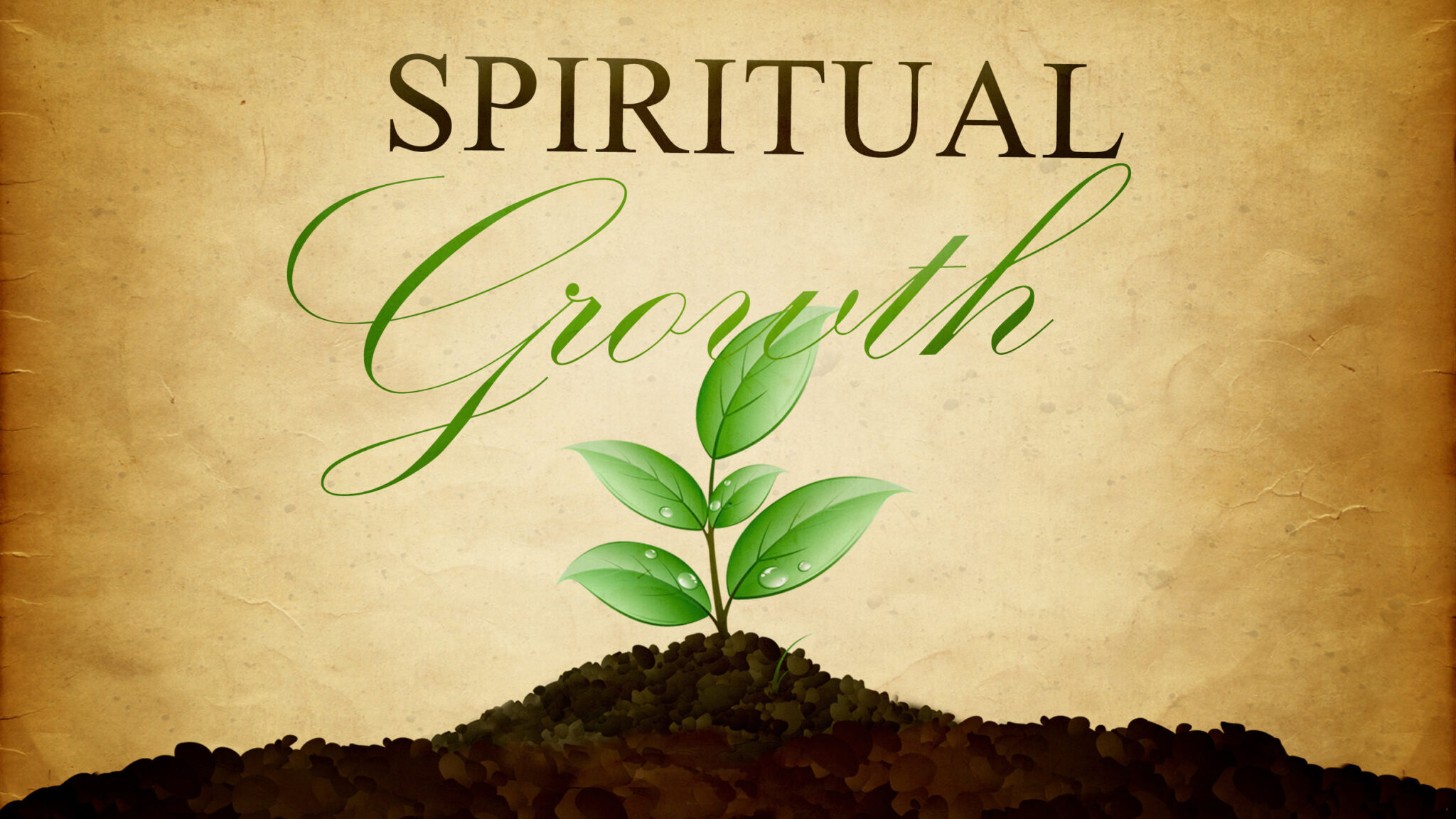This is from chapter 8 of my book, Facing Our Fears. I’m coming up on 25 years of continuous sobriety next month and it was good reading this again. It showed me where I was spiritually and emotionally back then. But several years later I would eventually figure out the whole Julia Roberts thing and realize what I had gone through as I went from liking myself to loving myself.
“Come April, I would celebrate my fourth anniversary at the meeting I had been attending since I first got sober, but I would soon stop going to it. There always seemed to be some kind of drama going on, either with one of the members or about something that happened there, and at this point in my sobriety, I didn’t want to be around it. I simply felt I had created enough drama during my drinking days, and if I wanted to continue to grow, I would need to find a meeting I was more comfortable at. It didn’t take me long to find one that I really liked, and I enjoyed the fact that no one seemed to be involved in any drama. However, I myself actually got a little dramatic one night while sharing there.
I had been talking about how much being sober meant to me, and I suddenly began crying and couldn’t stop as I continued saying how grateful I was for the program and the Twelve Steps and that I was happier than when I was drinking. I finally choked back my tears and thanked everyone for letting me share and sat there feeling a little embarrassed. I can’t remember what people’s response was to my outburst of tears, but I’ll never forget what one member said to me after the meeting. He had many years of sobriety and was well respected within the AA community, and I always liked what he had to share. However, I wasn’t sure I was going to like what he had to say after he approached me and asked in what sounded more like a statement than a question: “You’re an emotional guy, aren’t you?”
Somewhat sheepishly, I said, “Yeah, I guess I’m still a little immature in my emotions,” and waited to hear what I was sure would be some sort of constructive criticism. But it never came.
Instead, he looked me squarely in the eyes and softly said, “You’re just speaking the language of the heart, and it’s all right to cry.”
Because of who this man was, it made me feel good to hear this, and I immediately felt better about crying. However, after he added that he could hear the sincerity in my voice as I spoke with such emotion and liked what I shared, I’d never be ashamed to cry at a meeting again. There’s actually an AA book called The Language of the Heart, which is why his initial words meant so much to me at the time. But there’s another reason that this experience still stands out to me today. It marks the time when I first realized that I liked myself and had grown more spiritual. I would continue to go to that meeting and keep trying to grow both spiritually and as a person over the rest of that year. And it would be this growth that opened my eyes up to the fact that I wasn’t yet as happy as I wanted to be.
Only a few days into 2001, my good friend and I were talking about how burnt out we were from working all the long hours we had over the holidays. We agreed that it was time to get out of retail sales. He felt like he needed a change after so many years, but I was tired of missing out on family and social functions—and, at my age, just plain tired. Even though I was actually happier than at any other time I could remember, I wasn’t enjoying my life as much as I wanted to, and all this helped convince me that it was indeed time to get out of sales. I knew it wouldn’t be easy, since I didn’t have a college degree or the skills needed for a lot of other jobs. Although this worried me, I told myself I’d eventually find a different job. The manager let me take vacation time for the last two weeks in January on short notice, and knowing I would soon be away from work made me feel better about everything. But as my “vacation” got closer, the worry I felt grew, and for the first time in my sobriety, I began to have doubts about some kind of god helping me. This made me feel fearful, but I took my time off hoping that if I prayed and went to AA meetings, I’d be all right.

I don’t remember much about my first week off, other than going to meetings and trying to get over the way I felt. But I do remember the second week quite well. I woke up that Monday morning with a strange feeling of sadness that I had never felt before and with no understanding of why, and no matter what I did, the feeling wouldn’t go away. I tried to cheer myself up, but by Wednesday morning, the sadness was much deeper, and I worried that I might be depressed. I wound up staring out of the sliding glass door in the kitchen, thinking how unimportant I felt living there and just being a salesman. I remember thinking how small the other townhouses in the distance looked. Tears came to my eyes as I began to wonder what my purpose was here on earth.
Only a few seconds later, the thought hit me that maybe there wasn’t a purpose to life, but when I questioned that maybe there wasn’t even a god, a fear like I had never experienced before came over me, and I started crying even harder. As I moved around the room unconsciously, an emptiness took shape inside me, and I dropped to my knees and cried out, “Are you there, God? Are you really there?” I’m not sure if I actually expected an answer, but I did remain on my knees, crying for a while and hoping for some kind of sign. When that didn’t happen, I got up and decided I’d better go to my home group that afternoon to talk about what had just happened. I wasn’t sure what to expect, but I had hopes of hearing something that would help restore my belief that some kind of god existed and make the fear and emptiness go away.
After I shared about it, a lot of people shared why they believed that there was a God or Higher Power, but my doubt still remained, and so did the fear and emptiness. I went to another meeting that evening, but once again, nothing I heard helped. I didn’t give up, though, and went to two meetings the next day. I left the last one with greater hope that my belief would return.
When I got up the next morning with that hope still there, I decided it couldn’t hurt to pray and ask whatever god there was for help, and I felt eager to go to my home group that afternoon. But I didn’t feel like sharing there and decided to just sit and listen. I had done this before at meetings when I believed I would hear exactly what I needed to at the time, and I’m glad I did.
About halfway through the meeting, someone with many years of sobriety was sharing and expressed the belief that everything happens for a reason. I thought then that there had to be a reason for what I was going through, and a feeling of comfort came over me. The thought that there had to be some kind of god entered my mind, and the fear and emptiness I had been feeling was suddenly gone.
I knew right at that moment that I had to tell everyone and sat there filled with anticipation until I got my chance. When I did, I let it all out. I told everyone about my experience and how I went to meetings in hopes of hearing something that would restore my belief in some kind of god, and I cried as a feeling of gratitude came over me. When I was done, I was too overwhelmed with emotion to go on and sat there in silence as everyone waited for me to continue. When I was able to speak again, I explained how hearing so many people share about their beliefs in God filled me with hope that there was one, and it was this hope that made it possible for my faith to return so quickly. I added how grateful I was for all the help I had received and thanked everyone for letting me share.
After the meeting, people came up to me and said they liked what I had shared, and some hugged me. I feel I needed this experience to start believing that there’s a reason that certain things happen in our lives. But I’d find out the next day that this experience wasn’t over yet.

The next morning, I discovered that the unimportance I had felt was still there. What seemed odd at first was the slow realization that it had something to do with Julia Roberts. I had watched her win a Golden Globe Award for her performance in a movie drama the Sunday before my traumatic morning and quickly became infatuated with her. I tuned in to the entertainment shows the week after she won in hopes of seeing her again, and I rented some of her movies. After learning that she was a decent and down-to-earth individual who was quoted as saying her happiness came more from being a good person than it did from being a famous movie star, my infatuation turned into a genuine fondness and admiration.
Although I was able to realize that this thing I had about Julia Roberts was behind the way I felt, I still didn’t understand why, and when the feeling of unimportance became more intense after I returned to work the following week, it didn’t take long for the deep sadness to return again. I knew I needed to get over this somehow, so I prayed and went to AA meetings, and although this helped, on some days, all I could do was try to keep believing that there was a reason for what I was going through. I did find something that made me feel better, if only temporarily.
I read somewhere that Julia Roberts liked to play a game called Cranium, so I bought it. I found out that it helped me forget the sadness I felt, and I would play it as often as I could with my wife and friends. I know that this may seem strange, but I eventually understood why it made me feel better after I shared the whole Julia Roberts thing at a meeting (once I stopped feeling embarrassed about it). I decided to share something else that I felt embarrassed about: that I was now thinking about becoming an actor. But after saying it out loud, I was sure it had to sound crazy, even to people who had pretty much heard everything at meetings. I honestly can’t recall what anyone offered in the way of help, but it must not have sounded as crazy as I thought.
Afterward, a man I had talked to a few times before came up and asked if I had considered going to a small local theater to see about trying out for a part in a play. I had already thought about that but didn’t want to hurt his feelings and simply thanked him for his suggestion. When I left, I drove straight to the theater, but the idea of becoming an actor quickly faded away. I knew I’d be too scared to do it, but the thought of it had made me feel better, and I had fooled myself into thinking I could. I also knew that despite my spiritual growth, I hadn’t grown much in my self-confidence. What I had been experiencing was a feeling of inferiority to Julia Roberts. I was looking at her as this self-confident movie star who loved her job, while seeing myself as some nobody who hated his.
Although my feeling of unimportance remained, I got over it only a few weeks later after reading in a magazine that, again, Julia Roberts was a decent human being who got more happiness out of being a good person than from being a movie star. Suddenly, I realized that I too was a decent person, and I gained my happiness from trying to be a better one. Without my ever meeting her, Julia Roberts, simply by being the person she was, had in some strange way helped me to start feeling better about myself.”
